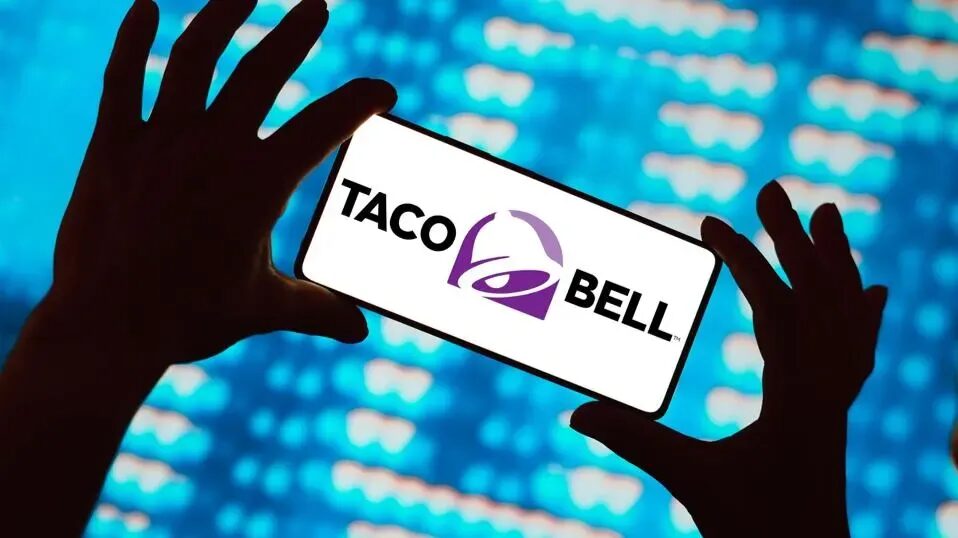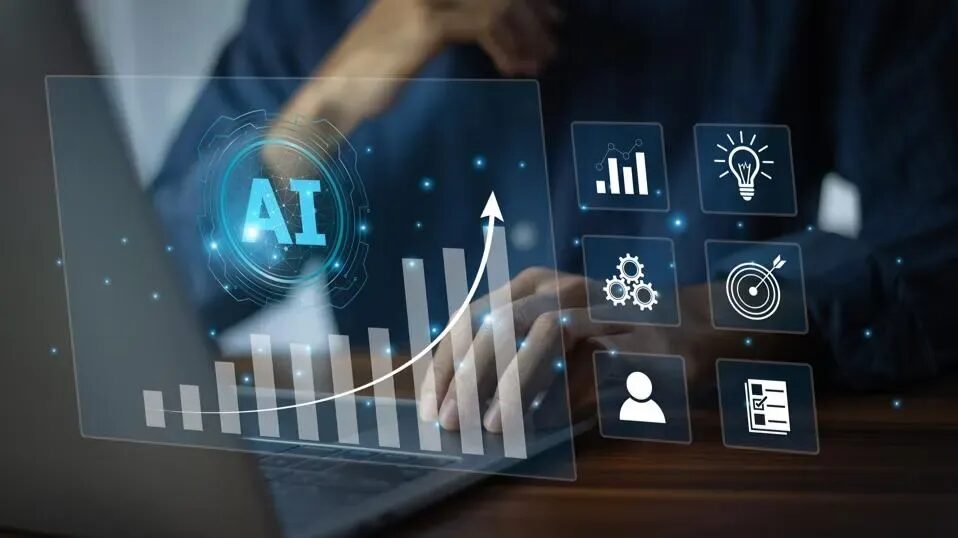The 7 Biggest Future Trends In Healthcare
14 April 2022
Around the world, our healthcare systems are under enormous pressure, exacerbated by COVID-19, a growing global population, longer lifespans, and a rise in lifestyle-related diseases – not to mention a global shortage of healthcare professionals that could reach 9.9 million by 2030. And that’s if you’re lucky enough to have access to healthcare. Because, let’s be honest, even for those of us who live in rich, developed countries, healthcare is often too expensive and too exclusive.

Bottom line, our healthcare systems were built for a different time – a time when people didn’t live as long as they do now, when there were fewer instances of chronic disease and, crucially, when the intelligent technology needed to support effective healthcare didn’t exist. The world, and technology, has moved on. So, with that in mind, here are seven key trends that I believe will shape the healthcare systems of the future.
Trend 1: Preventative medicine
Thanks to data and AI, healthcare has the power to move away from the reactive model of the past (where someone feels ill, then medical professionals work to diagnose and treat the problem, often through a process of trial and error) to a system that is far more predictive and preventative.
Technology can reduce the risk of preventative illness (be it physical or mental) in many different ways. For example, among other things, researchers have used AI to predict the likelihood of opioid dependency, severe sepsis, and hospital readmissions.
Trend 2: Democratized healthcare
According to the WHO, half the world lacks access to essential health services. And even in developed countries like America, more than 10 percent of the population doesn’t have health insurance. But now, technology is helping people around the world take charge of their health, for free or at very little cost.
This primarily takes the form of apps, chatbots, and wearable devices that help people better manage their health – such as WebMD's Pain Coach app, which allows users to track and monitor their pain levels, spot potential pain triggers, and better manage their pain. Plus, there's telemedicine, where patients can connect with healthcare professionals virtually (more on this coming up).
Trend 3: Personalized, precision healthcare
As healthcare becomes more predictive, and as more of us use digital healthcare solutions, it will become easier to deliver more personalized, precision healthcare – where an individual’s health indicators are monitored, conditions are predicted in advance, and tailored advice and preventative care is delivered. As an example, Orlando Health uses patient data to provide regular, personalized communications to new moms. Again, this trend is largely driven by AI and data.
Trend 4: Digitized healthcare
The wider digitization of healthcare (digital health records, for example), is facilitating greater remote access to healthcare. In particular, there’s telemedicine – the remote diagnosis and treatment of patients via communications platforms and tools. Of course, COVID-19 has drastically accelerated this trend. In the US, in April 2020, 43.5 percent of Medicare primary care visits were conducted via telemedicine methods as opposed to in-person consultations – compared to 0.1 percent in February 2020.
Other technology solutions will also have a role to play in healthcare. A great example comes from Maplewood Senior Living in Connecticut, which has used virtual reality headsets with residents – allowing patients to visit new places virtually, enhance their well-being, and even unlock memories.
Trend 5: Biohacking, or improving the human body
This trend encompasses genomics and gene editing, as well as the incredible advances in prosthetics and lab-grown body parts. But it also covers the broader trend of "hacking" the human body. Indeed, a whole industry has sprung up around this, offering so-called solutions that promise to help people improve their mental and physical performance and even halt aging.
In one extreme example, Dave Asprey, founder of the multimillion-dollar Bulletproof coffee brand, is on a $1 million quest to live to 180 years old. As part of this, he had a doctor harvest stem cells from his bone marrow and inject those cells into every joint in his body.
Trend 6: Robots and nanobots
From robots working in healthcare settings and robotic exoskeletons helping paralyzed patients walk again to tiny nanobots being injected into the human body, I believe robotics and nanotechnology will play a much larger role in healthcare in the future.
Nanotechnology, for example, could play a key role in drug delivery by targeting tiny individual cells and delivering medication only where it’s needed (thereby reducing the dosage and side effects). One example comes from Washington University’s Center for Multiple Myeloma Nanotherapy, which is seeking to use nanotechnology to create more effective and humane treatments. The center’s work focuses on myeloma, a form of blood cancer.
Trend 7: Datafication
You’ve heard of the Internet of Things. Well, thanks to the rise in wearable devices and medical apps, we now have the Internet of Medical Things (IoMT) – a market set to be worth more than $85 billion by 2027. The data transmitted by these IoMT devices is a key driver in the move towards more preventative, proactive, and personalized medicine. In other words, data will fuel many of the changes coming in the healthcare sector.
Related Articles
Bridging The AI Divide: Why Europe’s AI Future Depends On Transformative Innovation
By now, “smart” versions exist of just about every home appliance, gadget and gizmos we can think of. However, manufacturers continue[...]
Forget ChatGPT: Why AI Agents Are The Real Game-Changer For Financial Services
By now, “smart” versions exist of just about every home appliance, gadget and gizmos we can think of. However, manufacturers continue[...]
Agentic AI Enters Management: Taco Bell’s Byte-Sized Approach To Virtual Restaurant Leadership
By now, “smart” versions exist of just about every home appliance, gadget and gizmos we can think of. However, manufacturers continue[...]
Beyond ChatGPT: The 5 Toughest Challenges On The Path To AGI
By now, “smart” versions exist of just about every home appliance, gadget and gizmos we can think of. However, manufacturers continue[...]
The AI Leadership Crisis: Why Chief AI Officers Are Failing (And How To Fix It)
By now, “smart” versions exist of just about every home appliance, gadget and gizmos we can think of. However, manufacturers continue[...]
15 Mind-Blowing AI Statistics Everyone Must Know About Now
By now, “smart” versions exist of just about every home appliance, gadget and gizmos we can think of. However, manufacturers continue[...]
Sign up to Stay in Touch!
Bernard Marr is a world-renowned futurist, influencer and thought leader in the fields of business and technology, with a passion for using technology for the good of humanity.
He is a best-selling author of over 20 books, writes a regular column for Forbes and advises and coaches many of the world’s best-known organisations.
He has a combined following of 4 million people across his social media channels and newsletters and was ranked by LinkedIn as one of the top 5 business influencers in the world.
Bernard’s latest book is ‘Generative AI in Practice’.










Social Media